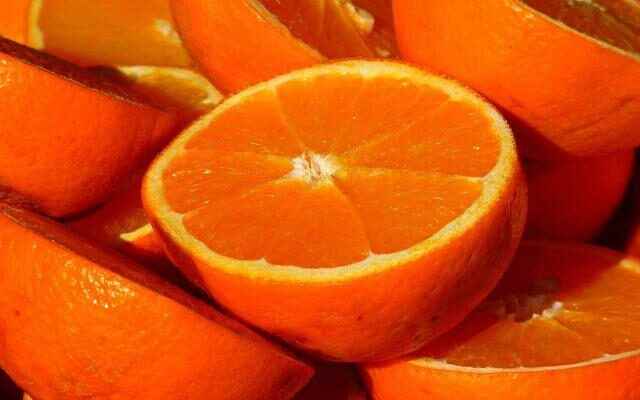Vitamin C is one of the most important factors in strengthening immunity. It is a known fact that although vitamin C, which will protect you against diseases, is mostly identified with oranges, it is not only found in oranges.
While we are all looking for healthy foods to strengthen our immunity during the winter months, we often turn to citrus fruits such as oranges, lemons or grapefruit. Citrus fruits are rich in vitamin C, which is very important for our body, but there are many fruits and vegetables that contain larger amounts of vitamin C than, for example, oranges.
VITAMIN C BENEFITS
Numerous studies have shown that vitamin C helps fight various viruses and diseases by supporting the immune system. Apart from this, vitamin C is also important for collagen synthesis, helps absorb iron and is a powerful antioxidant that protects the body from the harmful effects of free radicals.
6 FOODS WITH MORE VITAMIN C THAN ORANGE
Vitamin C is found in most fruits and vegetables, but some have large amounts. Here are 6 vegetables and fruits that contain more vitamin C than oranges.
PEPPERS
50 grams of chopped pepper contains 120 mg of vitamin C. In addition, experts say that capsaicin, a compound that gives pepper its bitter taste, can relieve joint and muscle pain.
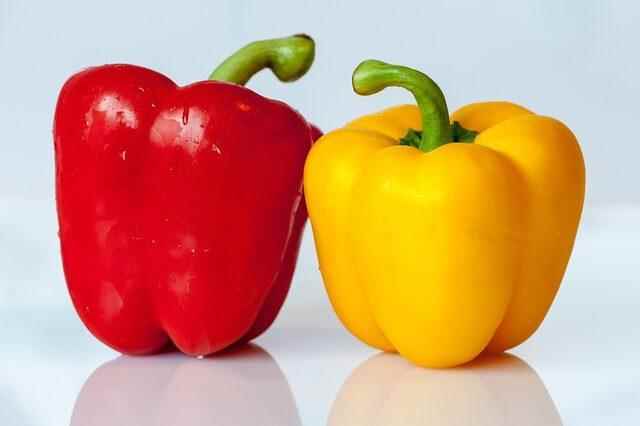
In addition, red and green peppers are also rich in vitamin C. Capsicum is an excellent source of vitamin A, which is very important for eye health. In addition to vitamin C, green peppers contain plenty of fiber, which contributes to digestive system health and increases satiety.
black cabbage
You may not like the taste of collard greens, but it should be on your plate as often as possible because it contains really valuable nutrients, including vitamins A, C and K, minerals and unsaturated fatty acids.
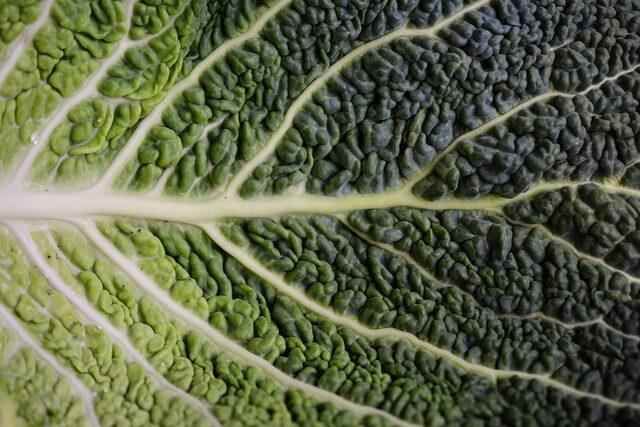
BROCCOLI
This valuable vegetable is rich in vitamin C and fiber and contains very few calories. It is therefore a great choice for people struggling with excess weight. Some studies have also revealed that broccoli has anticancer properties. It is very tasty and can be prepared in a variety of ways.
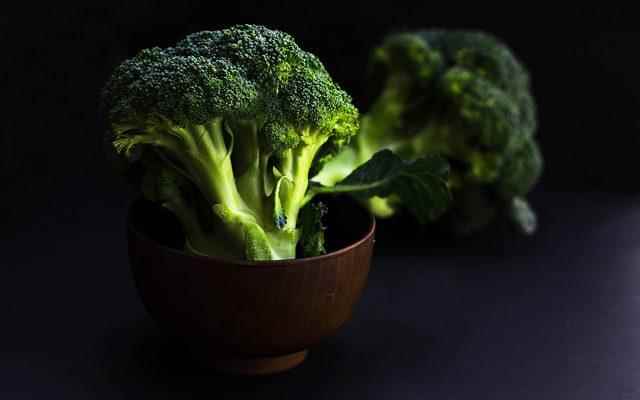
CAULIFLOWER
Cauliflower is also a rich source of vitamin C and also contains fiber and protein. It is delicious and versatile. It can be added to many recipes, made into soups or served as a side dish.
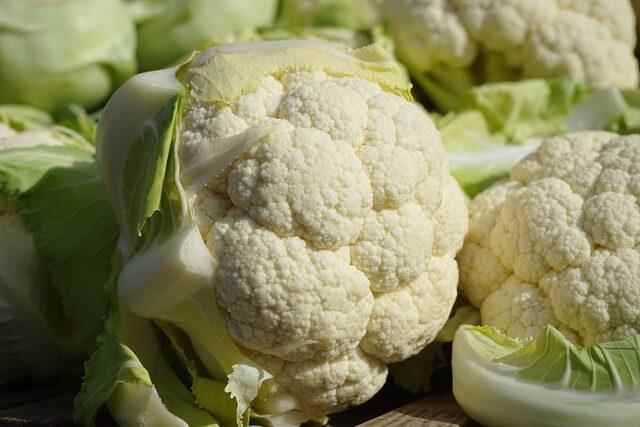
Brussels Sprouts
Small Brussels sprouts are rich in vitamin C and also contain fiber and important phytonutrients that may reduce the risk of developing certain types of cancer. They have a slightly bitter taste and can be added to many recipes.
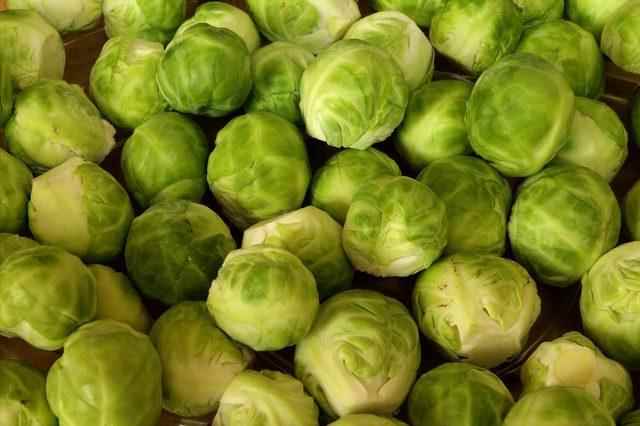
KIWI
Just two medium kiwis contain 137.2 mg of vitamin C. Kiwis are a truly valuable source of many nutrients, especially vitamin C, but they should not be overdone. It is also rich in potassium, copper and fiber.
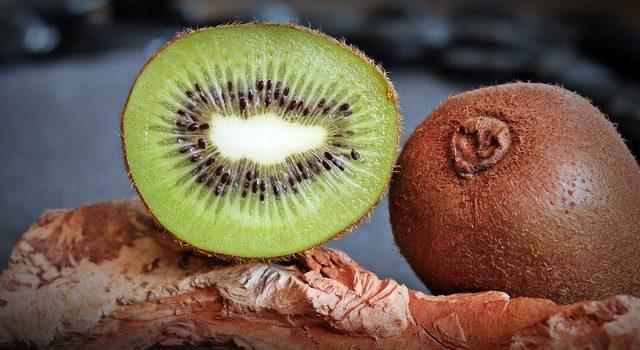
DAILY VITAMIN C NEEDS IN MEN AND WOMEN
Vitamin C participates in many metabolic reactions and the production of amino acids, hormones and collagen. Thanks to its strong antioxidant powers, vitamin C strengthens the immune system and helps to prevent the risk of tumors in the body, especially in the stomach, by preventing the synthesis of carcinogenic substances. It is also important for neutralizing free radicals.
Vitamin C is mainly found in fresh foods. Good amounts of vitamin C are found in some fruits and vegetables, such as oranges, strawberries, tangerines, kiwis, lemons, spinach, broccoli, tomatoes and bell peppers. To take full advantage of the benefits of vitamin C, these foods should not be stored longer than 3-4 days and should be eaten raw or lightly cooked.
The daily requirement of vitamin C is about 90 mg for men and about 70 mg for women, this amount increases during pregnancy.
A lack of vitamin C causes scurvy, a disease that was very common among seafarers who lived on ships in the past and did not eat fresh food for months. The most common symptoms of scurvy are anemia and loss of appetite, followed by other symptoms such as bleeding gums, tooth loss, muscle aches and bleeding under the skin.
Excessive vitamin C intake, which can result from an unbalanced diet or excessive supplementation, can lead to kidney problems, stone formation, or excessive iron absorption. Excessive intake of vitamin C can cause health problems such as headache, heartburn, vomiting, diarrhea, gastritis and abdominal pain, as well as fatigue, dizziness and hot flashes.
